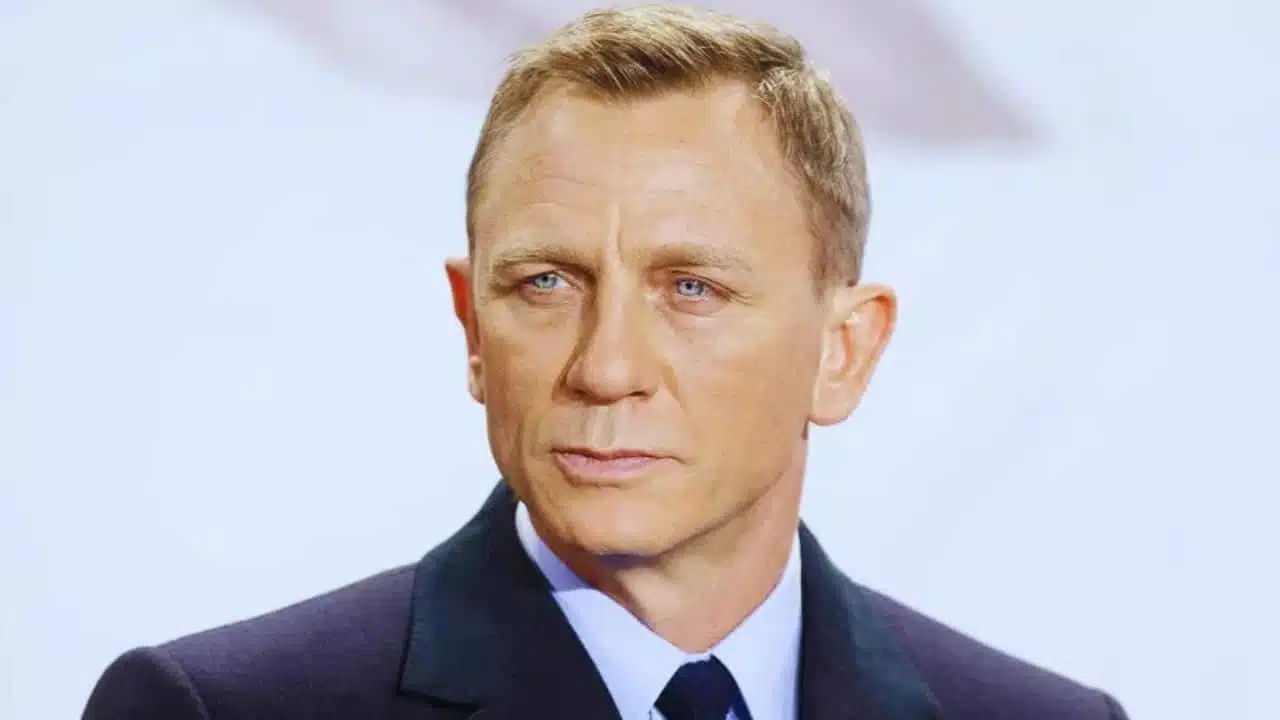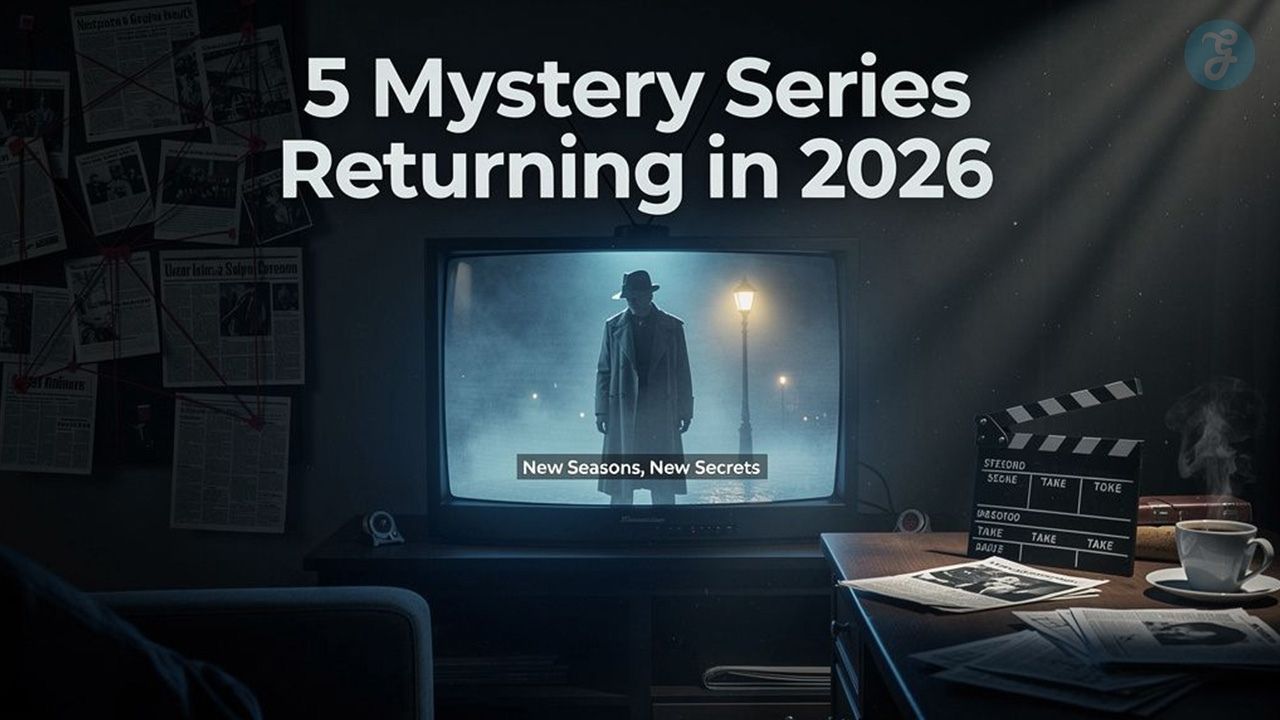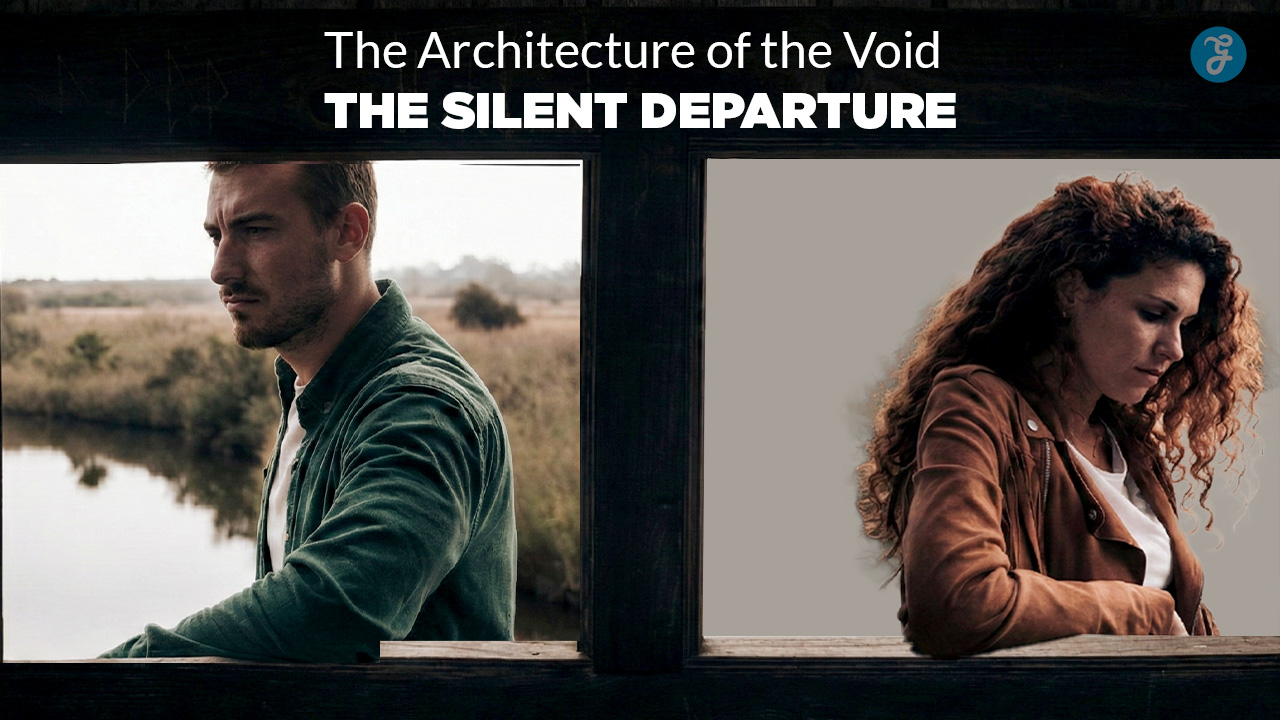Actor Daniel Craig, widely celebrated for his portrayal of James Bond, recently opened up about the complexities and personal challenges he faced during his 15-year journey as the iconic MI6 agent. Speaking candidly at an event promoting his latest project, Queer, directed by Luca Guadagnino, Craig delved into one of his deepest concerns about the role: the societal expectations tied to masculinity.
Reservations About Masculinity in the Role of James Bond
When Craig first stepped into Bond’s shoes in 2006’s Casino Royale, he was well aware of the cultural weight that came with the character. James Bond has long been synonymous with a particular brand of masculinity—stoic, invulnerable, and suave—a representation that many critics argue is outdated in today’s evolving society. Craig acknowledged this during his discussion, calling it one of his “biggest reservations” about taking on the role.
“The construct of masculinity was always laughable to me,” Craig said. “But you can’t mock it if you want to make it work. You have to buy into it, and that was the tricky part.” He admitted that the pressure to adhere to these societal norms felt limiting, particularly as his understanding of masculinity evolved over the years. “We’re all vulnerable. It doesn’t matter who you are. It doesn’t matter how tough you are—everybody’s vulnerable,” Craig explained.
This vulnerability, Craig suggested, is often absent in how men are expected to behave, particularly in larger-than-life roles like Bond. He added, “It’s how boys are brought up, how men are expected to behave, how someone like [William S.] Burroughs was expected to behave,” referencing the author whose novella inspired Queer.
Exploring Vulnerability in Post-Bond Roles
The exploration of human vulnerability has become a significant focus for Craig in his recent work, most notably in Queer. The film, based on Burroughs’ semi-autobiographical novella, follows the life of Lee, an expatriate living in 1950s Mexico City, grappling with personal isolation and romantic longing. Craig noted that this character and his emotional struggles stood in stark contrast to James Bond’s polished, action-driven persona.
“I couldn’t have done this movie when I was doing Bond,” Craig admitted. “It would’ve felt like, ‘Why? What are you trying to prove?’” Now, with his tenure as Bond behind him, Craig said he feels liberated to explore more nuanced and diverse roles that delve into the complexities of human nature.
The role of Lee in Queer has allowed Craig to showcase a different facet of his acting prowess. Set against the vibrant and tumultuous backdrop of mid-20th-century Mexico City, the film addresses themes of identity, desire, and emotional fragility. For Craig, the transition to such a character after years of embodying a global action icon marks a significant turning point in his career.
Reflecting on the Bond Years: A 15-Year Journey
Craig’s journey as James Bond began with Casino Royale, a reboot of the franchise that redefined the character for a modern audience. Over the course of five films—including Quantum of Solace (2008), Skyfall (2012), Spectre (2015), and No Time to Die (2021)—Craig brought a gritty realism to the role, earning widespread acclaim for his portrayal.
However, the global fame that came with playing 007 was a double-edged sword. Craig has often spoken about the loss of privacy and the immense scrutiny that came with the role. “Listen, [Bond] is nearly 20 years of my life. When I took it on, I was one person. I’m now a completely different person,” he said.
Craig admitted that while the role defined his career, it also came at a personal cost. “You lose a lot of freedom when you’re no longer anonymous,” he reflected. The attention and pressure to uphold the Bond image were, at times, overwhelming.
Despite these challenges, Craig has no regrets about his time as Bond. His final film, No Time to Die, ended with a poignant sacrifice for his character, closing the chapter on his tenure with a powerful and emotional farewell. The decision to leave the franchise, Craig explained, was one he felt confident about. “It was time to move on,” he said, emphasizing his eagerness to take on roles that push creative boundaries.
Liberation and Growth Post-Bond
For Craig, stepping away from the Bond franchise has been both liberating and transformative. The actor described his post-Bond years as an opportunity to rediscover himself as an artist and explore projects that resonate with his personal interests.
In Queer, Craig has found a vehicle to delve into themes that are deeply human and universal. The film’s exploration of vulnerability, identity, and longing aligns with Craig’s belief that acting should reflect the complexities of real life. “Everybody’s vulnerable,” Craig reiterated, adding that embracing this truth has been integral to his growth as an actor.
Craig’s willingness to take risks and step outside the shadow of Bond speaks to his evolution as a performer. With a career spanning decades, the actor continues to challenge himself and redefine his craft, proving that there is life—and art—beyond 007.
The Enduring Legacy of Daniel Craig’s Bond
As Daniel Craig moves forward in his career, his portrayal of James Bond remains a defining chapter in his legacy. His tenure not only revitalized the franchise but also reimagined the character for a new generation.
While Craig has bid farewell to the role, his impact on the Bond universe endures. His ability to balance vulnerability with strength, grit with glamour, and humanity with heroism set a new standard for the iconic spy. As he ventures into uncharted creative territories, fans and critics alike eagerly await the next chapter of his storied career.
In Queer, Craig demonstrates that even the most celebrated actors can evolve and grow, embracing roles that challenge societal norms and explore the depths of human emotion. For Craig, the journey is far from over—it’s just entering a new and exciting phase.
The Information is Collected from MSN and Yahoo.


































